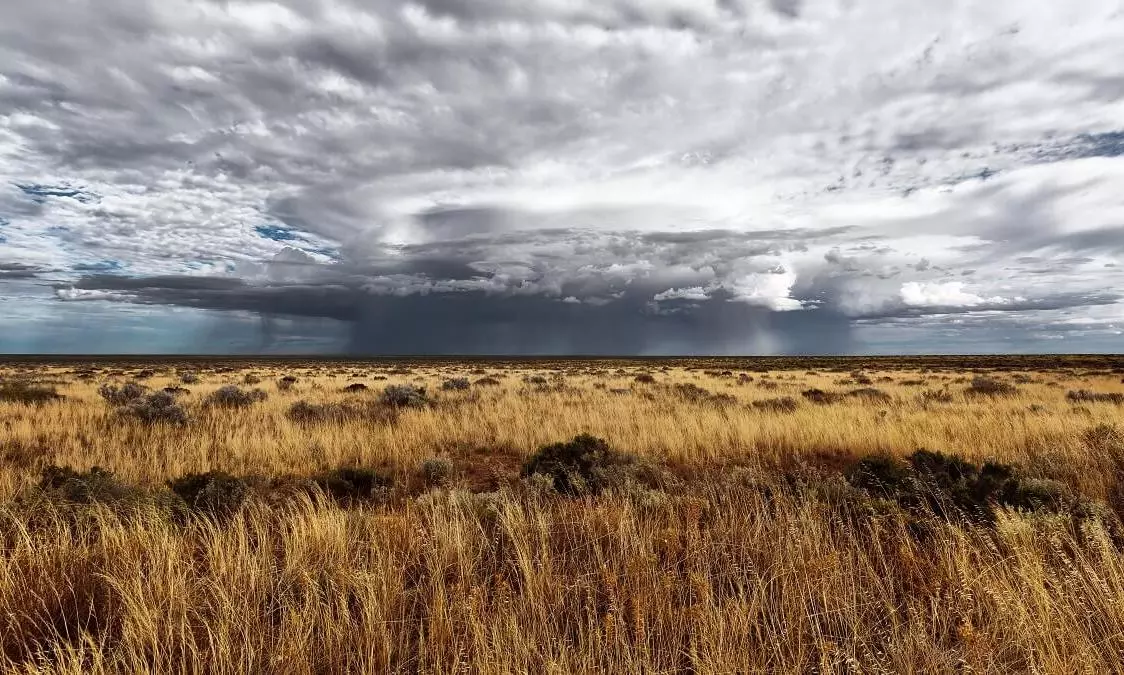
September 2023 Australia's driest month on record since 1900
text_fieldsCanberra: The Australian Bureau of Meteorology (BOM) on Monday confirmed that September 2023 is the country's driest month on record since observations began in 1900.
With a national average rainfall of 4.83 mm, September witnessed a persistent positive anomaly of mean sea level pressure, which brought cloud-free conditions to most of the country, reports Xinhua news agency.
According to BOM's newly released national climate summary, for Australia as a whole, rainfall was 70.8 per cent below the 1961-1990 average for September.
While most of the southern two-thirds of Australia reported below-average rainfall, only small areas of the country received above-average rainfall for the month, such as parts of the eastern Cape York Peninsula in Queensland and the far north-east corner of the Top End in Northern Territory.
Besides, the national mean temperature was 2.43 degrees Celsius above average for September, making the past month the third-warmest on record since 1910.
The weather bureau highlighted that this was the warmest September on record for Western Australia (WA), and the second-warmest September on record for New South Wales, Victoria, and South Australia.
Data from the BOM showed that on September 28, temperatures reached 42.8 degrees Celsius at Mandora in northern WA.
With inputs from agencies
 Also Read:Astronomers find first direct evidence of a spinning black hole
Also Read:Astronomers find first direct evidence of a spinning black hole























